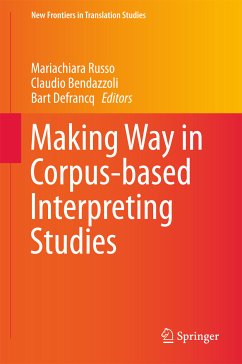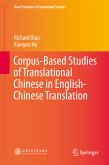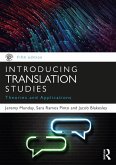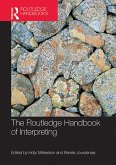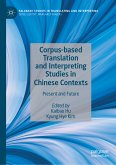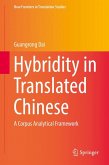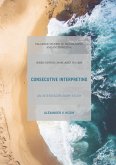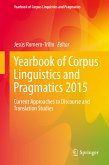Dieser Download kann aus rechtlichen Gründen nur mit Rechnungsadresse in A, B, BG, CY, CZ, D, DK, EW, E, FIN, F, GR, HR, H, IRL, I, LT, L, LR, M, NL, PL, P, R, S, SLO, SK ausgeliefert werden.
"The volume presents a Compilation of state-of-the-art research in CIS over the past decade and is therefore an essential resource for both established researchers and postgraduate candidates. ... the main purpose of this book is to showcase some of the larger existing corpora, and most authors rise to this task." (EllaWehrmeyer, Interpreting, Vol. 21 (1), 2019)

